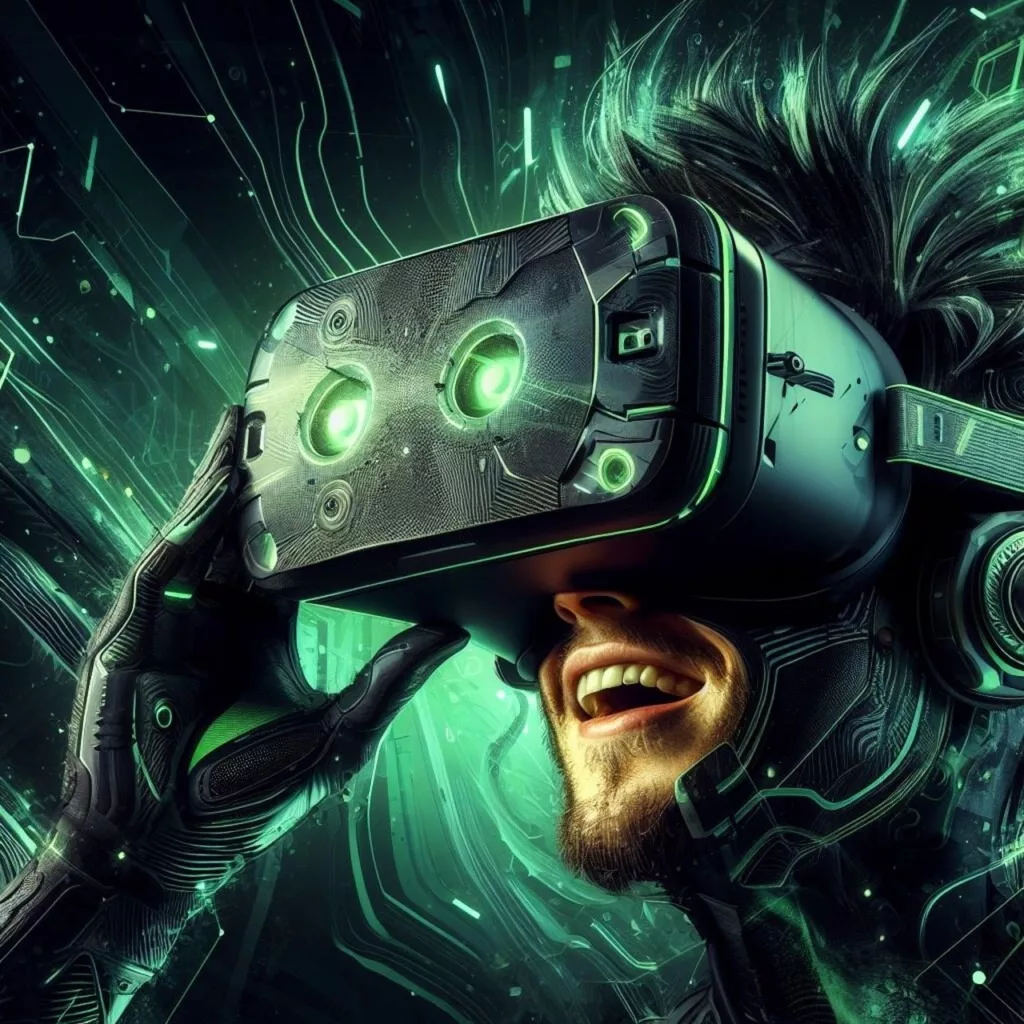“AI, short for Artificial Intelligence, has revolutionized various industries and aspects of our lives. One of the most exciting and innovative areas where AI is making its mark is in the world of games. In this article, we will explore the fascinating realm of AI games, how they work, their impact on the gaming industry, and the future they hold.
Understanding AI Games
AI games, also known as artificial intelligence games, are video games that incorporate AI systems to enhance gameplay, create dynamic and adaptive challenges, and provide a more immersive gaming experience. These games leverage AI algorithms to control non-player characters (NPCs), optimize game environments, and adapt to player behavior in real-time. AI games can be found across various genres, from action and strategy to simulation and role-playing games.
How AI Games Work
AI games rely on advanced algorithms and machine learning techniques to create lifelike and responsive game worlds. Here are some key aspects of how AI is integrated into games:
1. NPC Behavior: AI is used to control the behavior of NPCs, making them more realistic and challenging. NPCs can adapt to changing circumstances, learn from player actions, and make decisions based on their objectives.
2. Procedural Content Generation: AI can generate game content, such as maps, levels, and scenarios, to ensure that each playthrough is unique. This adds replayability and freshness to the gaming experience.
3. Player Engagement: AI can analyze player behavior and preferences to tailor the gaming experience. It can adjust difficulty levels, provide hints or challenges, and even create personalized in-game content.
4. Natural Language Processing: Some AI games incorporate natural language processing to enable players to interact with characters and the game world using voice or text input, adding a new layer of immersion.
Impact on the Gaming Industry
AI games have had a profound impact on the gaming industry in several ways:
1. Enhanced Gameplay: AI-powered NPCs and adversaries provide players with more dynamic and challenging experiences, making games more engaging.
2. Personalization: AI allows games to adapt to individual player preferences, creating a more tailored experience and increasing player satisfaction.
3. Content Generation: AI can speed up the game development process by generating content, reducing the need for manual level design and asset creation.
4. Player Support: AI can act as virtual game guides, offering hints and assistance to players, especially in complex and open-world games.
5. Research and Development: Game developers are using AI games as a platform for testing and advancing AI technologies, contributing to broader AI research.
Future of AI Games
The future of AI games is exciting and full of potential. As AI technologies continue to advance, we can expect even more innovative and immersive gaming experiences. Here are some trends to watch for:
1. Realistic NPCs: AI will make NPCs even more lifelike, with emotions, personalities, and complex decision-making capabilities.
2. Adaptive Storytelling: AI will enable games to create dynamic and evolving narratives based on player choices, leading to more personalized storylines.
3. AI-Generated Art and Music: AI will play a role in generating in-game art assets and music, reducing development time and enhancing creativity.
4. AI-Enhanced Virtual Reality (VR) and Augmented Reality (AR): AI will enhance VR and AR experiences by creating more realistic environments and interactions.
5. AI in Esports: AI could be used to analyze esports matches, provide coaching tips, and assist in training players.
AI games are reshaping the gaming landscape by introducing intelligent, adaptive, and immersive experiences. As AI technology continues to evolve, the possibilities for AI games are limitless. Whether you’re a casual gamer or a dedicated enthusiast, AI games are likely to become an integral part of the future of entertainment.

